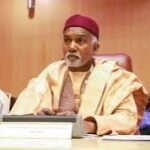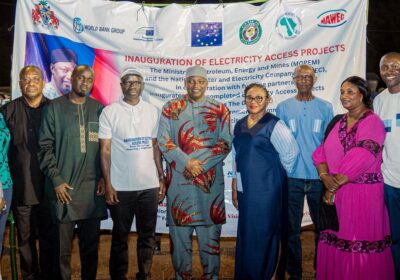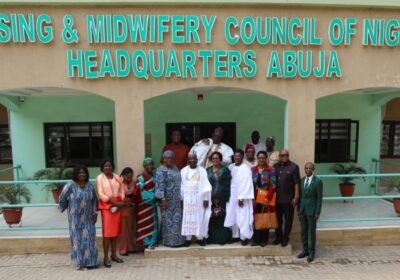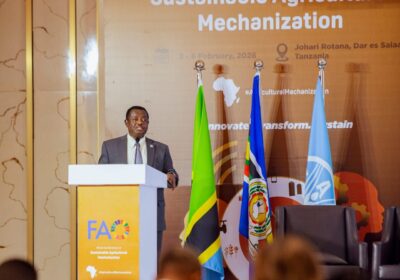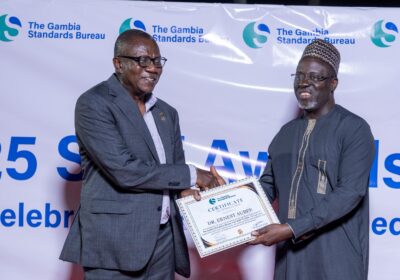ECOWAS President Dr. Omar Alieu Touray Warns of Terror Surge as 54th MSC Council Session Reviews 50 Years of Progress in Abuja, Nigeria.
By Raymond Enoch
In a powerful and far-reaching address today in Abuja, Nigeria, Dr. Omar Alieu Touray, President of the ECOWAS Commission, set a determined tone for the 54th Ordinary Session of the ECOWAS Mediation and Security Council (MSC) at the ministerial level. Urging unity and decisive collective action, he declared, “History will judge you kindly” for defending the region during one of its most turbulent moments.
Opening the high-level session with unflinching candor, Dr. Touray stressed that West Africa stands at a critical crossroads in its 50-year journey. He highlighted escalating terrorism, coup pressures, misinformation campaigns which the has set to Counter, and ongoing political transitions in Guinea, Burkina Faso, Mali, and Niger as urgent challenges demanding immediate attention. The ECOWAS President called for the swift operationalisation of the region’s Standby Force and enhanced intelligence-sharing frameworks.
“No littoral state is safe from the onslaught of terrorist groups,” Touray warned, underscoring the alarming absence of a regional counterterrorism force and the delays in mobilizing necessary funds due to economic concerns among member states. “The potential and actual cost of inaction,” he cautioned gravely, “will be far more devastating.”
Marking ECOWAS’s 50th anniversary, Touray urged delegates not only to reflect on past achievements but to act decisively. He praised the completion of critical assessments of ECOWAS missions in The Gambia and Guinea-Bissau, highlighted updates on the West African Police Information System (WAPIS), and celebrated the long-awaited opening of the Lungi logistics depot—realizing a 20-year-old dream.

Touray also emphasized the need for improved communication strategies to combat the “complications of fake news” plaguing the region’s security and political landscapes, stressing the importance of regional cohesion amid growing geopolitical interference in West Africa.
in his opening remarks at the meeting ,the Nigeria’s Minister of Foreign Affairs and MSC Chair, Ambassador Yusuf Maitama Tuggar, presented Nigeria’s proactive vision for regional security and governance reform.
In a novelty initiative under his watch, Ambassador Tuggar announced the launch of the Regional Partnership for Democracy (RPD), a homegrown initiative developed with the United Nations Development Programme aimed at strengthening democratic governance across West Africa. “We must ensure democracy works—and delivers—for the people of West Africa,” he asserted.
The Nigerian minister also highlighted pressing humanitarian issues, calling for coordinated action on forced displacement, food insecurity, and climate-induced vulnerabilities that continue to strain the region’s fragile stability.
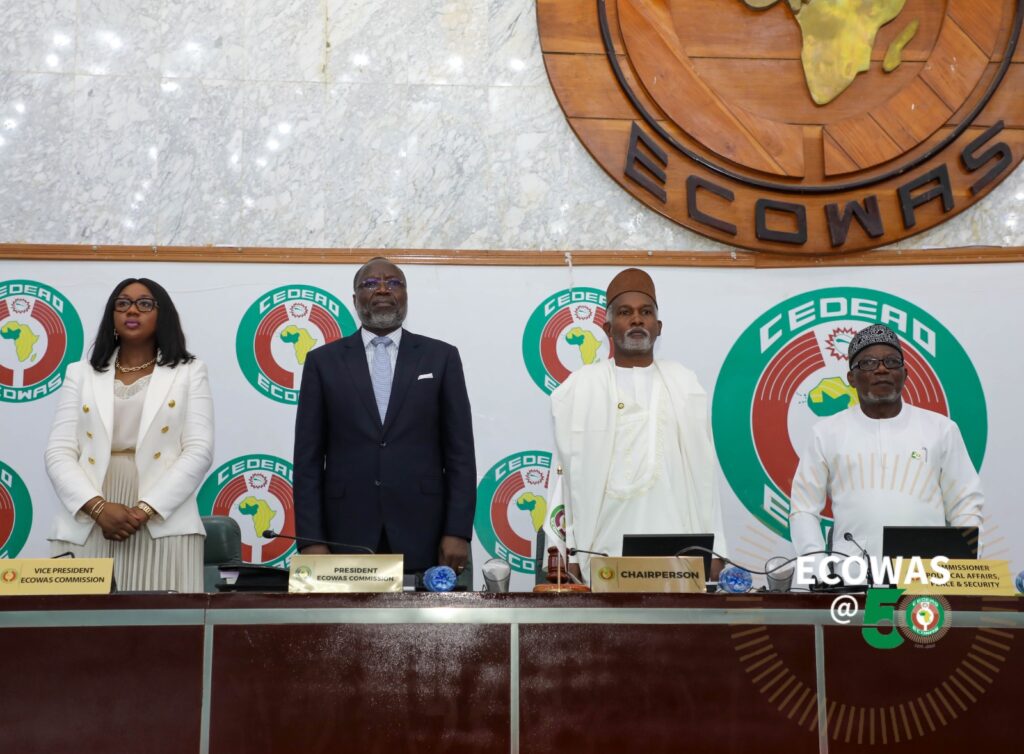
Addressing economic concerns, Tuggar criticized rising non-tariff barriers, specifically citing the United States’ reported decision to impose visa restrictions on all ECOWAS countries. “We want to do deals. We possess critical minerals like samarium… but visa restrictions are barriers. The only question is—who takes up the opportunity?” he challenged.
Top Agenda for the 54th Mediation and Security Council Session are the question of Security, Transitions and Unity of the West African States.
The session focused on key memoranda and reports from ECOWAS technical bodies, including:
Updates on political transitions in Guinea, and ongoing dialogue with Mali, Burkina Faso, and Niger;
The operational status of the ECOWAS Standby Force and the Lungi logistics depot;
Efforts to combat money laundering and terrorism financing through the Inter-Governmental Action Group against Money Laundering in West Africa (GIABA).
Facing threats from land, sea, and cyberspace, and with political tides shifting across multiple member states, today’s deliberations underscored the immense challenges facing West Africa.
As Ambassador Tuggar aptly summarized, “There is a direct correlation between security and prosperity. The expectations of our citizens are high—and it is our duty to deliver concrete outcomes.”
Experts and Diplomats say that if today’s strong words are matched by decisive actions, ECOWAS may yet prove that, even amid regional shifts, West Africa can stand tall—united, democratic, and secure.



